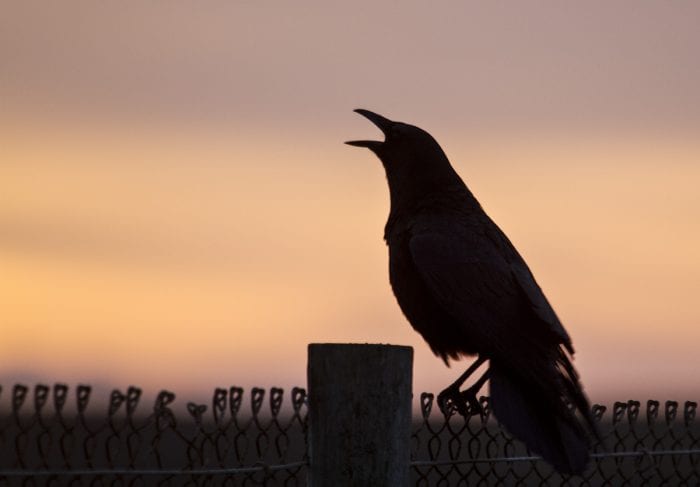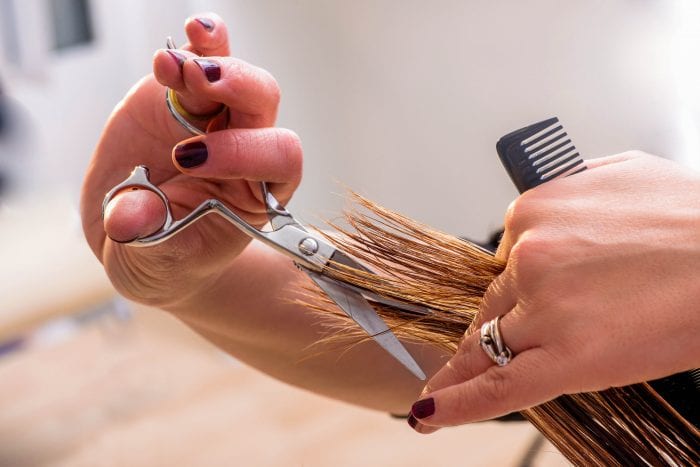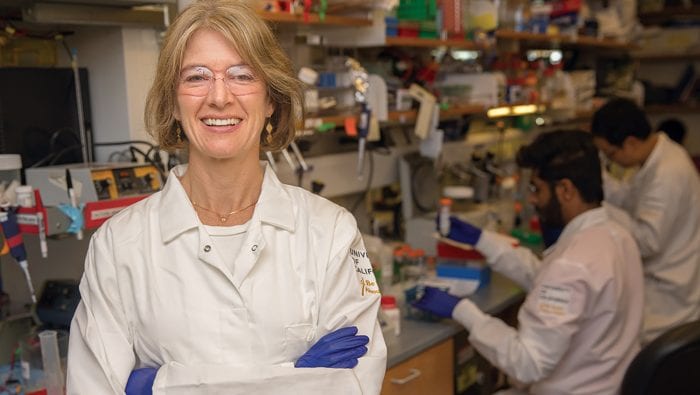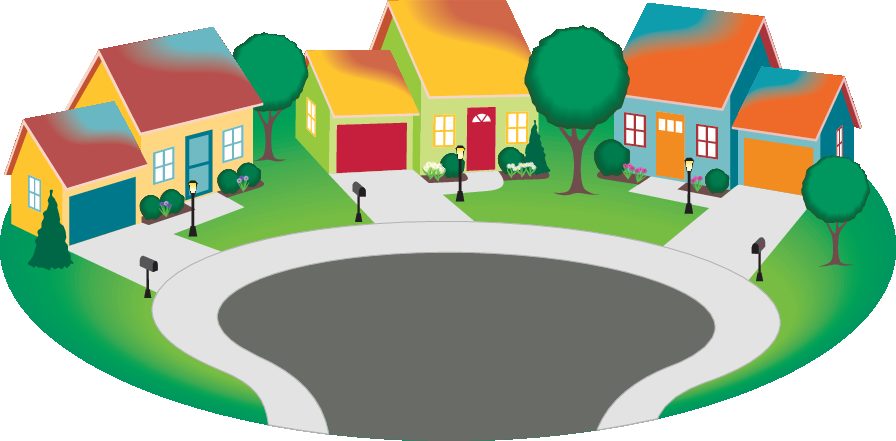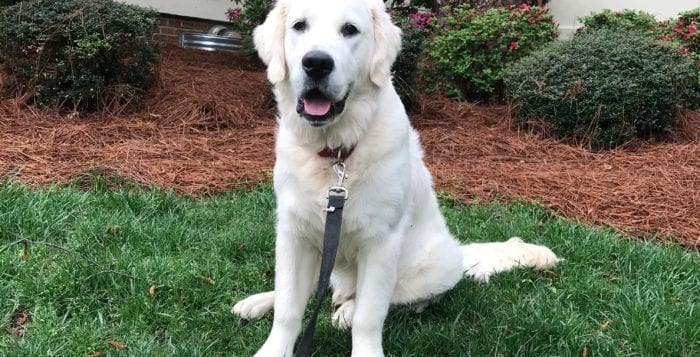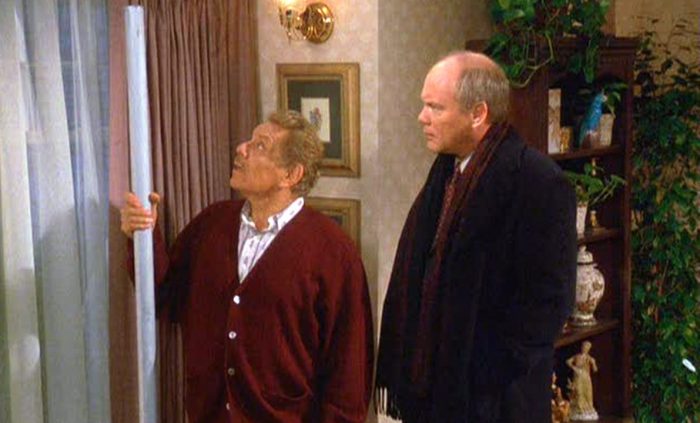By Daniel Dunaief

Are we coming apart together, coming together apart or just coming apart? The first in that list, coming apart together, gives us a chance to feel connected to others. By coming apart together, we are acknowledging the challenging year we’ve had and continue to have.
Without offering specific solutions, it helps to know we’re not alone and that, perhaps, through the together part, we can manage through conditions that are far from optimal, including the separation we feel from so many people we need in our lives.
Now, if we’re coming together apart, we are focusing on the fact that we can be, and are, together first, before we also admit that we may be hundreds or even thousands of miles away from people whose hugs, smiles and laughter fill the rooms we share. Zoom, FaceTime and other modern conveniences make it possible for us to see each other’s faces, even though the image of the other person can feel flat compared to the reality of sharing time and space.
The third of those possibilities, just plain coming apart, enables us to throw up our arms and acknowledge the reality of our world. Many children are home most, or all, the time. Parents are still working through
Zoom, looking at small squares of people on computer screens for way too many hours during the day. The sameness of each day can become tedious and wear on our nerves, especially during this time when we’d typically plan for family visits.
And, of course, without passing any specific judgment, the hot button election continues to drive wedges among families, friends and neighbors, who can’t imagine how the other side fails to see the obvious realities their favorite anchors or faux news and commentary shows echo each day.
It’s agonizing to see how the differences between camps have become a defining feature and have stirred a sense of frustration and antipathy for the other camp.
Where are the adults in the room? For so long, the country brought together people from different backgrounds, uniting us under the umbrella of an American Dream that was available to anyone who worked hard enough for it.
Our sports-crazed culture believed in the winners they cheered for and used their teams as an inspiration to get ahead, to put more into their craft and to try to win the battle for original ideas. Even fans of hated rivals acknowledged the skills and remarkable games they witnessed from their rivals during heated playoff series. I always rooted against Red Sox great Carl Yastrzemski, but I also recognized his incredible talent.
Will a vaccine enable us to come together, together? I hope so. Next year at this time, if we have returned to some level of normalcy that allowed us to visit with our friends, to celebrate weddings, graduations, birthdays, and newborns, we will have the structural opportunities to spend time indoors, even in crowded rooms, and support each other.
Between now and then, ideally we’d plant the seeds that enable us to move forward together. We are not an archipelago nation, separated from each other by the ideological, religious or other labels. We do best when we play to the strengths of a workforce dedicated to getting ahead, to providing for our children and to helping the country even as we help ourselves.
While many of us are physically apart, we can try to reach out to family, friends, and neighbors, even if their ideas temporarily baffle us. We can come together if we are there for each other and if we listen to views outside our own.


